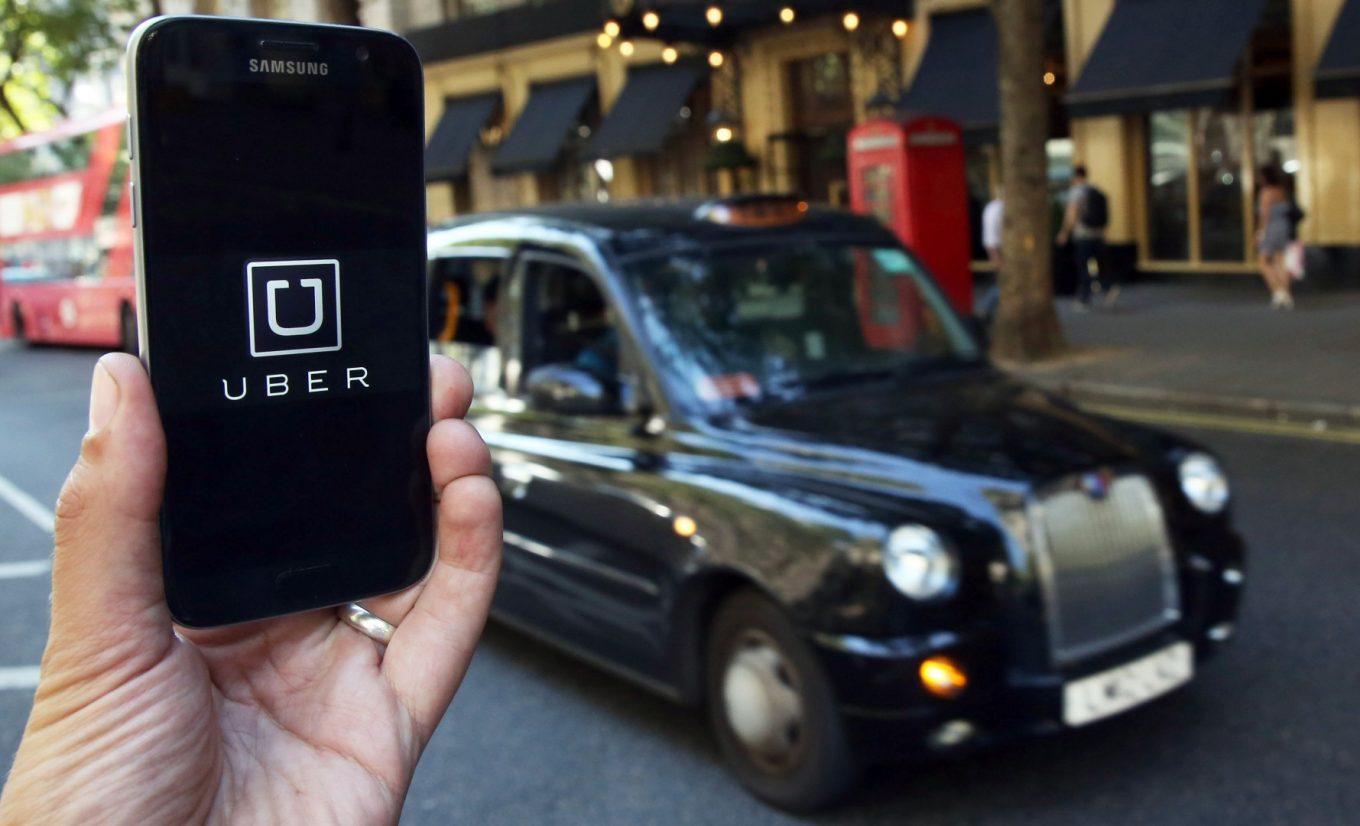
4 days after Uber was banned by Transport for London (TfL) authority, many voices arose about what the future of the company in London might be and, the outcome of private taxi sector itself.
Uber, the taxi so-called platform coop, was meant to be a beacon in the ‘gig economy’, but the fact is that the company has been quite disappointing to both drivers and users. Through bad and poorly decisions that concerne company driver’s rights, the company has been living a nightmare in the last months. It was even fined several times in countries all around the world for violating driver’s rights and poor user safety.
Being an example of one of Silicon Valley’s fast rising companies, Uber suffered since then a bad reputation and thus bad image that has cost its licence to operate in one of the most important cities in the world, London.
Uber did challenge the established and expensive cab industry, so many are now figuring out solutions, and what to do next. ‘The New Economic Foundation’ advice, for example, is going further of a just ‘a penalty and forgiveness policy’, as they call for a new opportunity to redesign the privately hire taxi sector itself. As it can be seen in an official announcement, they claim for a new service, called with the proto-name as ‘Khan’s Cars’, and defined it like a mutually-owned, publicly-regulated alternative to Uber.
Due to the poor concern the company has shown to its driver’s rights and users safety, The New Economics Foundation “believes that now is the moment for TFL and the Mayor of London to go further to provide better working conditions for drivers and higher safety standards for passengers.”
“The Mayor’s next step should be to start the job of creating ‘Khan’s Cars’: a mutually owned taxi platform for London which would share benefits with drivers and users. Just as with ‘Boris bikes,’ this is an opportunity to improve transport for Londoners and could be developed in partnership with drivers and users.”

The idea of platform coops and sharing economy should be focused on and from the users. Uber, then, has failed as pro-user company in the collaborative consumption as they have behaved themselves as a regular -so-called- dinosaur company and have forgotten the roots they were born from. They mainly focused on profit instead of providing new opportunities to those who believed in them.
Globalization at risk
From the Royal Society of Arts, RSA, chief executive Matthew Taylor has thought through this and he goes into the ‘rotten roots’ of the tech-giants companies.
“Whatever the final outcome of the Uber case, it is a straw in the wind. The world is finally waking up to the incredible wealth and power of the major technology companies and their less than convincing commitment to social responsibility.”
Uber and other techs have a huge impact in social and economic behaviour all around the world. They have achieved a huge power in terms of conduct-modifier and influence in every tier of society.
Globalisation, then, is at risk as it is losing its way. That is how Matthew Taylor sees it and he added in his article that “Trump, Brexit and the worryingly large vote for German nationalists at the weekend are amongst the many signs of a popular disenchantment with aspects of globalisation. Concern existed before the global financial crisis but have deepened since. It wasn’t supposed to be this way. Before 2008 the champions of globalisation had a self-confident and strident message” that is seems to be fading away due to recent giant-tech firms misbehaviour.
However, he has got a recipe to change the winds in a more favourable outcome for these firms as they are still in time to change. He highlights 4 aspects that have to be taken care of.
-
First, we must try to develop a shared vision of the kind of world we want to create with the fourth industrial revolution, a world which in Roberto Unger’s phrase offers ‘a larger life for all’.
-
Technological innovation must be shaped in ways that respect important human qualities and values, like civility and privacy for example.
-
Third we must commit to helping those whose lives may be dislocated by change, not through charity but by empowering them to shape new jobs and lives. From the Neolithic revolution to the industrial revolution, history teaches us that we tend to be very bad at managing these transitions, often at huge human cost.
-
Finally, so we have a better chance of getting the transition right, we must develop new institutions and dialogues that enable citizens as a whole, not just a technological elite, to shape progress.
And he finishes his article with a statement, “technological change could transform the world and it needs a political project to match it. The future could be one in which the human race achieves a step change in our wellbeing, fulfilment and potential for growth.”

Hernaldo Turrillo is a writer and author specialised in innovation, AI, DLT, SMEs, trading, investing and new trends in technology and business. He has been working for ztudium group since 2017. He is the editor of openbusinesscouncil.org, tradersdna.com, hedgethink.com, and writes regularly for intelligenthq.com, socialmediacouncil.eu. Hernaldo was born in Spain and finally settled in London, United Kingdom, after a few years of personal growth. Hernaldo finished his Journalism bachelor degree in the University of Seville, Spain, and began working as reporter in the newspaper, Europa Sur, writing about Politics and Society. He also worked as community manager and marketing advisor in Los Barrios, Spain. Innovation, technology, politics and economy are his main interests, with special focus on new trends and ethical projects. He enjoys finding himself getting lost in words, explaining what he understands from the world and helping others. Besides a journalist, he is also a thinker and proactive in digital transformation strategies. Knowledge and ideas have no limits.



























